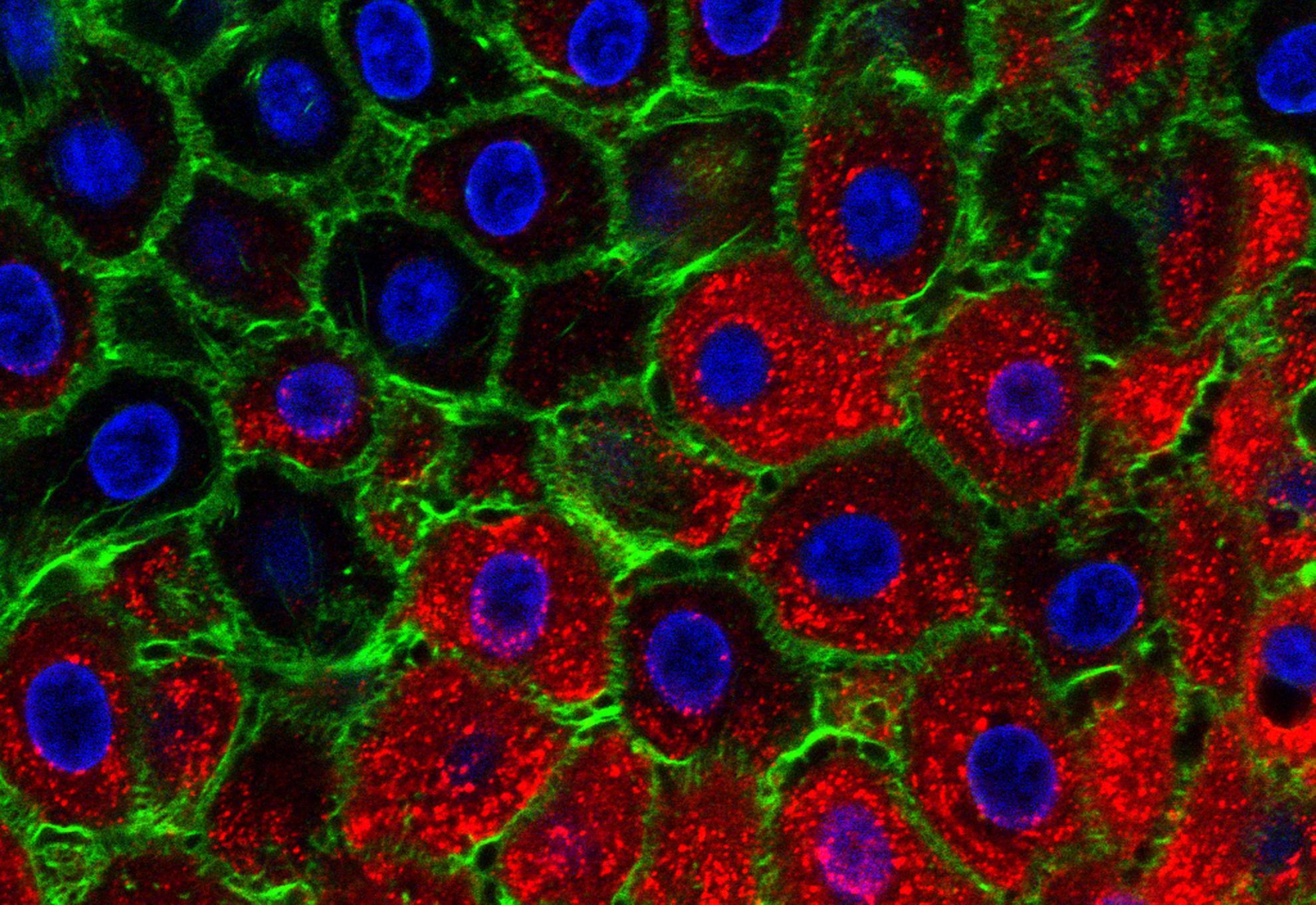Understanding the transmission of foot-and-mouth disease virus at different scales
Foot-and-mouth disease (FMD) is highly infectious, but despite the large quantities of FMD virus released into the environment and the extreme susceptibility of host species to infection, transmission is not always predictable. Whereas virus spread in endemic settings is characterised by frequent direct and indirect animal contacts, incursions into FMD-free countries may be seeded by low-probability events such as fomite or wind-borne aerosol routes. There remains a void between data generated from small-scale experimental studies and our ability to reliably reconstruct transmission routes at different scales between farms, countries and regions. This review outlines recent transmission studies in susceptible host species, and considers new approaches that integrate virus genomics and epidemiological data to recreate and understand the spread of FMD.
Back to publications
